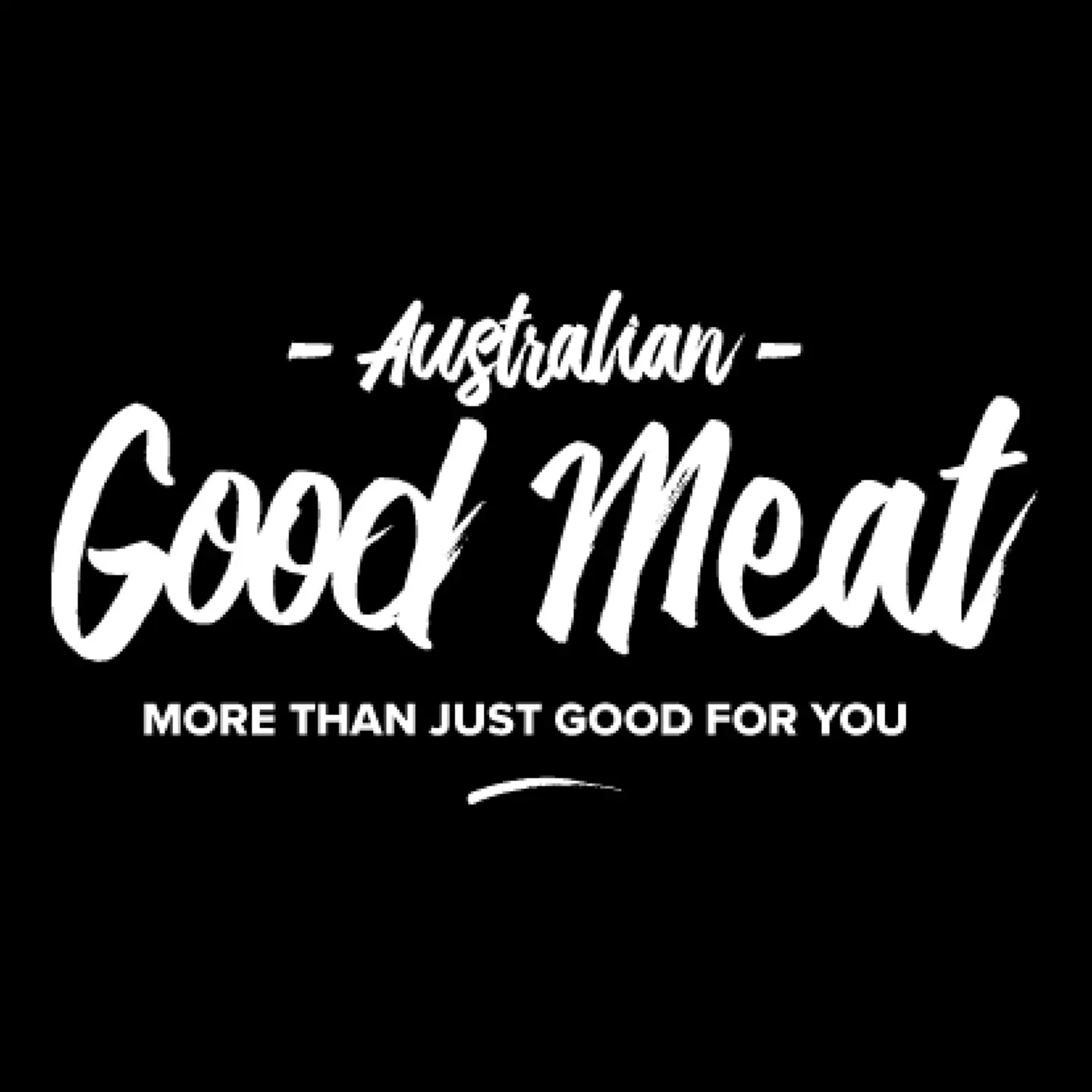
Despite common misconceptions, Australian farmers continue to innovate the production of red meat across the country to make it as sustainable as it is nutritious.
You’ll be in for a surprise as the industry’s report card reads quite well.
Do you know..
- Greenhouse gas (GHG) emissions have reduced by a jaw-dropping 59.1% since 2005
- The amount of water used to produce a kilo of beef has been reduced by 68% since 1985
- Australia has the second-largest net gain in forest area from 2010-2020 among all OECD countries, according to the Food and Agriculture Organization of the United Nations’ (FAO) Global Forest Resource Assessment 2020.
With lamb production already climate-neutral and beef production taking leaps in the same direction, the entire red meat industry is set to be carbon neutral by 2030 (CN30).
Advert
You can continue to enjoy red meat while knowing that the Australian red meat industry is paving the way for a more sustainable future.

The national red meat and livestock industry will continue to reduce the emission of greenhouse gases (GHG), honouring its commitment to become carbon neutral. But how, you ask?
The sector plans to become carbon neutral by reducing methane emissions through innovative new feeds, management of the ways the animals graze and naturally improving genetics. Farmers are also storing (sequestering) carbon in the trees and soil.
They are also one of the first industries in Australia to set such an ambitious target. They will combat climate change by using pastures that require less fertiliser, planting more native vegetation, capturing biogas from waste streams to generate electricity and increasing the use of renewable energy just to name a few.
Advert
Australian farmers have already made strides towards their CN30 goal. The red meat industry is only responsible for 11.8 per cent of greenhouse emissions, with other sectors such as electricity and transport being far more damaging to the climate crisis.

Motivated by the idea that farming and Australian agriculture can really assist with the fight against climate change, Mark Wootton of Jigsaw Farms’ sustainable production of lamb, wool and beef has been carbon neutral since 2011.
He said that this was achieved through planting trees to store carbon and offset the emissions caused by the livestock and using perennial pastures, which take gasses produced by livestock from the atmosphere and lock them in the soil as carbon.
Nearly 700,000 trees were planted, covering nearly 20 per cent of the land on Jigsaw Farms - providing not only carbon storage but areas for animals to use for shelter, shade and protection from the wind and elements.
Advert
Wootton added: “I'm really optimistic about the important role agriculture has to play in terms of climate change in providing food and fibre that the world needs in a carbon friendly way.”
So, there you have it! The next time you bite into a big juicy burger or fall-apart slow-cooked lamb shanks, may these eco-friendly efforts by the red meat industry give you peace of mind.
To learn more about the industry’s ongoing commitment to improving the sustainable journey from paddock to plate, visit the Australian Good Meat website.

